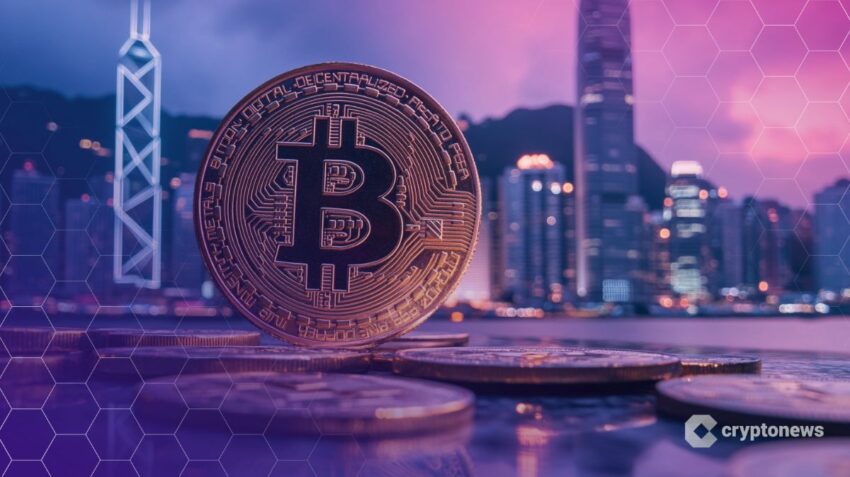Hong Kong is preparing to relax its crypto trading framework to help local platforms tap into global liquidity, the city’s top financial regulator announced Monday at Hong Kong Fintech Week.
Key Takeaways:
- Hong Kong will allow licensed crypto exchanges to connect with global order books, ending its current isolated trading model.
- The move is part of a broader plan to attract crypto firms and align digital asset rules with traditional financial markets.
- Regulators are also preparing new licenses for dealers, custodians, and stablecoin issuers to strengthen the city’s digital finance ecosystem.
Julia Leung, Chief Executive Officer of the Securities and Futures Commission (SFC), said licensed crypto exchanges will soon be allowed to connect their Hong Kong entities with global order books, ending the current system that confines trades within the city.
The change, detailed in a regulatory circular expected later today, aligns the rules for digital assets with those governing traditional financial products, according to a Monday report by Bloomberg.
Hong Kong Steps Up Crypto Push but Trails US in Trading Activity
The move marks a significant step in Hong Kong’s ongoing bid to position itself as a regional digital asset hub.
Since 2022, the city has rolled out a comprehensive licensing regime for exchanges, introduced Bitcoin and Ether-linked exchange-traded products, and approved digital-asset funds.
Still, trading activity has lagged behind global leaders like the United States, where President Donald Trump’s administration has taken a friendlier stance toward the crypto industry.
“You can say we are on the tougher side,” Leung said. “Once we are sure that we are able to protect investors, we do relax — as we did with global liquidity.”
The SFC is also finalizing new frameworks for licensing crypto dealers and custodians, while the Hong Kong Monetary Authority plans to issue the first stablecoin licenses next year.
In future phases, regulators may permit locally licensed crypto brokers, not just exchanges, to access international liquidity pools.
If approved, the rule could open doors for firms like Binance and Coinbase to enter Hong Kong more easily through brokerage licenses instead of full exchange applications, which can take years to process.
Currently, 11 crypto exchanges hold full SFC licenses, while 49 brokers operate under omnibus account arrangements.
The SFC also announced it will ease listing rules for new tokens and HKMA-approved stablecoins, removing the 12-month track record requirement for professional investors.
Hong Kong Announces New Digital Asset Policy
Hong Kong has unveiled its second major policy statement on digital assets, placing stablecoin regulation and real-world asset (RWA) tokenization at the core of its strategy to become a global fintech hub.
The new “LEAP” framework focuses on legal clarity, ecosystem growth, real-world adoption, and talent development, with a stablecoin licensing regime set to launch on August 1.
The government also plans to regulate tokenized government bonds and ETFs, paving the way for secondary market trading of these products on licensed digital asset platforms.
It aims to expand tokenization efforts into sectors like metals and renewable energy, highlighting use cases such as gold and solar panels.
As reported, professionals working in the crypto and hedge fund sectors are playing a key role in supporting Hong Kong’s residential rental market, which continues to struggle due to weak traditional demand sources.
The post Hong Kong to Let Licensed Crypto Exchanges Connect With Global Markets appeared first on Cryptonews.

